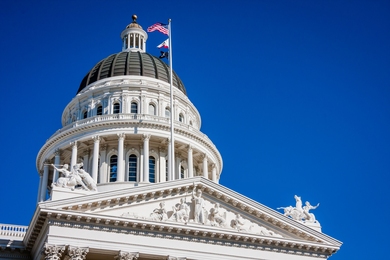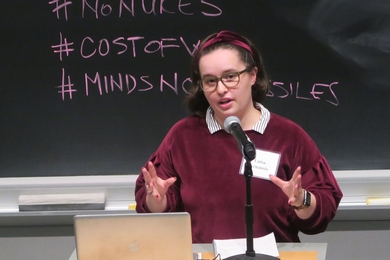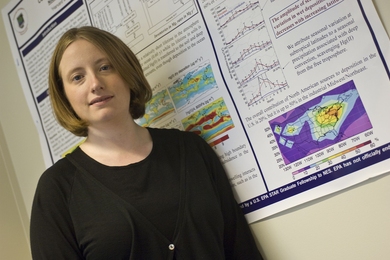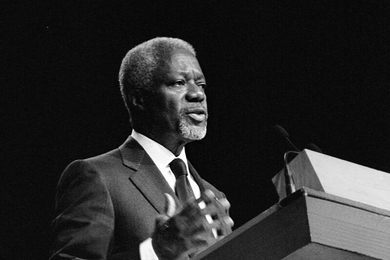3Q: Alyce Johnson on upholding the rights of MIT’s transgender community
At MIT, “we are committed to looking after each other,” says interim Institute community and equity officer.
Q&A: Climate change, tough tech startups, and the future of energy intelligence
MIT Energy Initiative Director Robert Armstrong offers his perspective on the takeaways from MITEI’s annual research conference.
The aftermath of violence
Investigating the political and economic consequences of large-scale deadly conflict, Volha Charnysh discovers that community-level interactions make a big impact.
Simple, effective Earth-system modeling
A faster, cheaper modeling method could improve our understanding of long-term atmospheric chemistry and provide a powerful tool for risk assessment.
How should autonomous vehicles be programmed?
Massive global survey reveals ethics preferences and regional differences.
HUBweek Policy Hackathon delivers local solutions
Citizens and data scientists produce actionable recommendations for high-priority Boston-area issues at Institute for Data, Systems, and Society student-run event.
An assault on American intelligence
In MIT visit, former CIA and NSA director Michael Hayden describes current difficulties faced by society and U.S. intelligence services.
Getting serious about food safety
Deborah Blum’s new book explores the unlikely origins of food and drink regulation in the U.S.
3 Questions: Database shines a bright light on Washington lobbying
Launch of In Song Kim’s LobbyView.org makes it simple to follow the path of money in politics.
J-PAL North America announces new partnerships with three state and local governments
New partners will work with J-PAL and its academic researcher network to develop randomized evaluations of programs and policies.
Q&A: Luisa Kenausis ’17 — A passion for policy
Alumna builds on her foundation in nuclear policy through a Herbert Scoville Jr. Peace Fellowship.
Air pollution can put a dent in solar power
Study finds lost revenue can be millions of dollars annually, suggests ways to quantify haze-related reductions in solar panel output.
Noelle Selin named director of the MIT Technology and Policy Program
Selin will spearhead the master's program for students whose research addresses societal challenges at the intersection of technology and policy.
For Kofi Annan, shared prosperity meant shared responsibility
In 2002 MIT Sloan speech, the former UN head talked trust, responsibility, and big business.
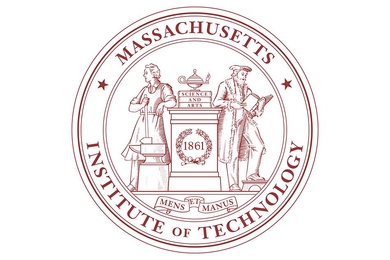
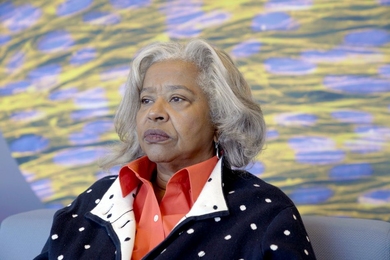
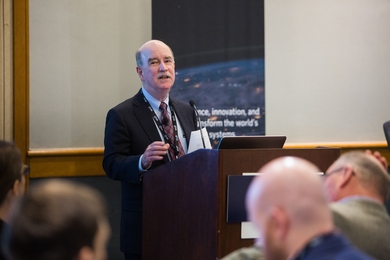
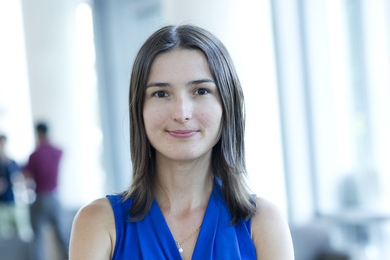


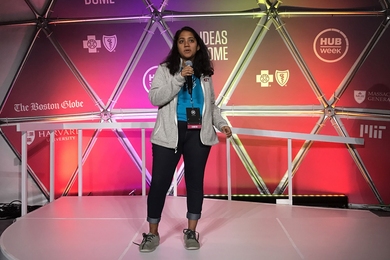
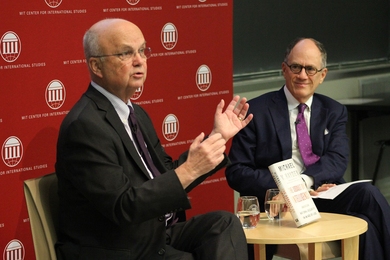
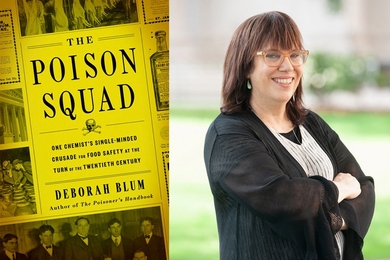
![MIT political scientist In Song Kim has overseen the launch of LobbyView.org, a website that connects the activities of lobbyists, firms, and politicians, so that people “can understand how legislative politics [actually] works in the U.S.,” as Kim puts it.](/sites/default/files/styles/term_page__news_article/public/images/201809/MIT-3Q-Lobbying-01.jpg?itok=hpZLX6vU)
